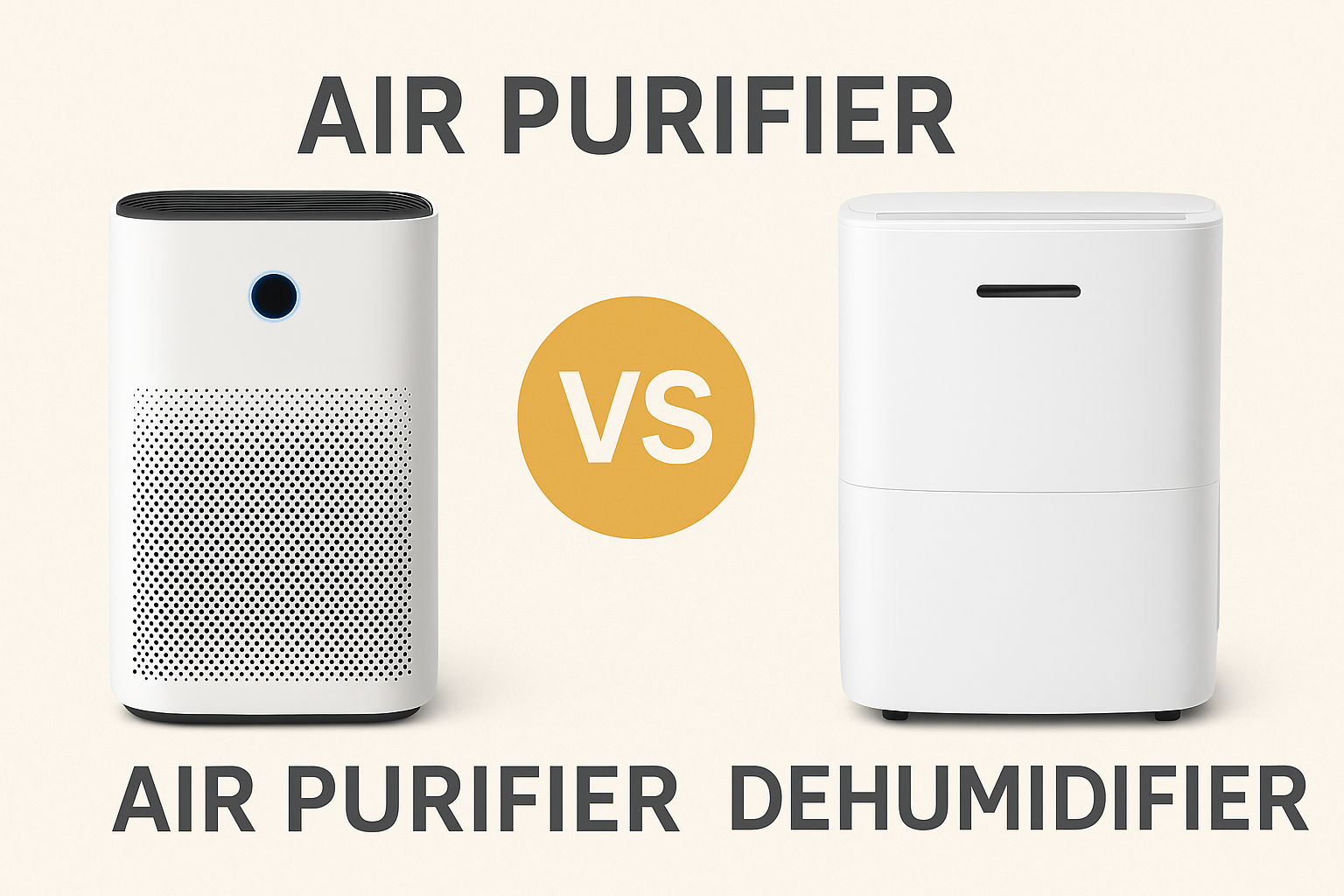Creating a clean, healthy indoor environment is essential—especially if you’re dealing with allergens, humidity, or respiratory concerns. Two popular solutions are air purifiers and dehumidifiers, but they serve very different purposes.
If you’re wondering whether you need an air purifier to clean the air or a dehumidifier to control moisture, this guide is for you. We’ll break down what each device does, how they work, their benefits, and when to use one (or both) to improve your indoor air quality.
What Is an Air Purifier?
An air purifier is designed to remove pollutants from the air, making it cleaner and safer to breathe. These devices are especially useful for people who suffer from allergies, asthma, or sensitivities to dust, smoke, or pet dander.
Common Airborne Pollutants Removed by Air Purifiers:
- Dust and pollen
- Mold spores
- Smoke particles
- Pet dander
- Bacteria and viruses (depending on the filter)
Air purifiers use various filtration methods, such as HEPA filters, activated carbon, and UV-C light, to trap and neutralize airborne contaminants.
How Does an Air Purifier Work?
Air purifiers draw in indoor air and pass it through a multi-stage filtration system:
- HEPA filters capture fine particles like pollen, dust mites, and mold spores.
- Activated carbon filters absorb odors, smoke, and chemicals (VOCs).
- Some models use UV light to kill airborne bacteria and viruses.
- Built-in fans circulate purified air back into the room.
Regular filter maintenance is crucial—dirty filters reduce effectiveness and airflow.
Benefits of Using an Air Purifier
Installing an air purifier at home can lead to noticeable improvements in air quality and comfort:
- Reduces allergens and irritants that trigger asthma or allergies
- Removes odors from cooking, smoke, or pets
- Eliminates harmful particles, including fine dust and airborne chemicals
- Improves sleep quality by reducing nighttime congestion
- Supports cleaner indoor environments in high-traffic or pet-filled homes
Top 3 Air Purifiers for Home Use
Here are some of the best-performing air purifiers available today:
1. Coway AP-1512HH Mighty
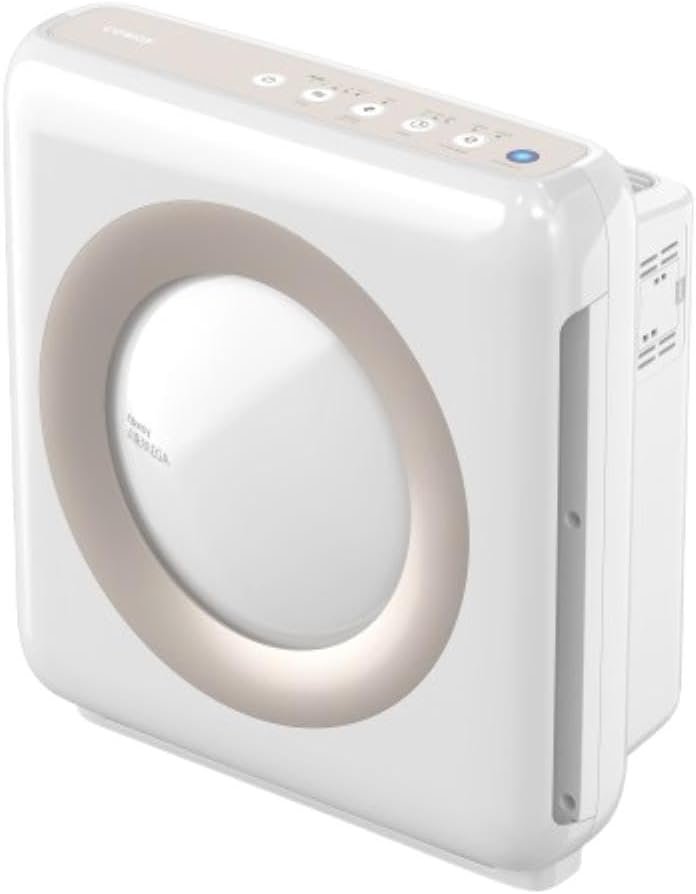
- 4-stage filtration (HEPA + carbon + pre-filter + ionizer)
- Removes 99.97% of airborne particles
- Auto mode and air quality indicator
2. Dyson Pure Cool TP01

- Doubles as a purifier and bladeless fan
- HEPA filtration with odor/gas removal
- Sleek, modern design for any room
3. Levoit Core 300
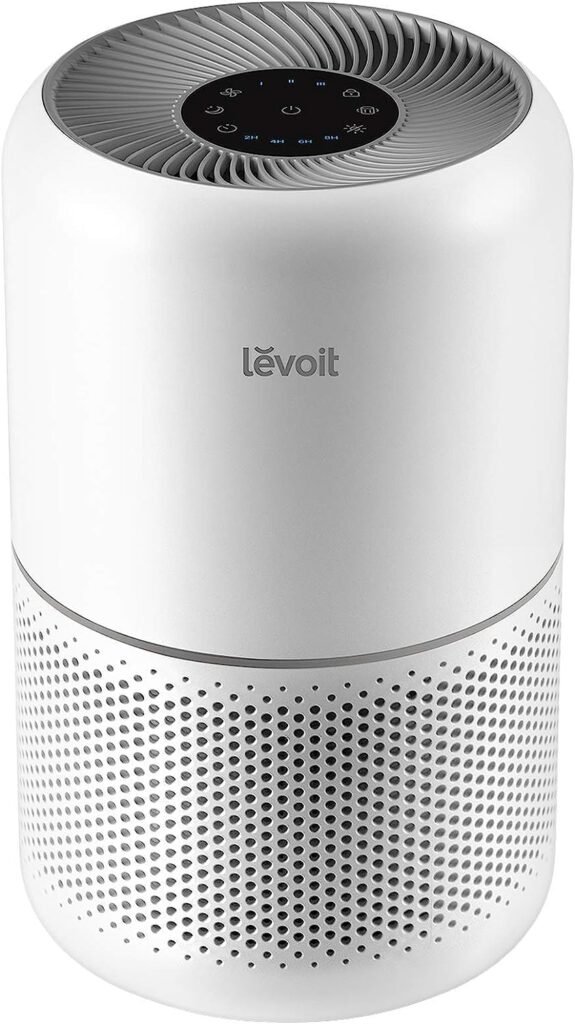
- Affordable and compact
- 3-stage filtration with HEPA filter
- Quiet operation—great for bedrooms
See the Levoit Core 300 on Amazon
What Is a Dehumidifier?
A dehumidifier is a device that reduces moisture in the air. It’s ideal for homes with high humidity, which can lead to mold, mildew, and musty odors.
By removing excess moisture, dehumidifiers help maintain a balanced indoor environment, protecting your home and improving comfort.
How Does a Dehumidifier Work?
Dehumidifiers work through condensation:
- Humid air is drawn into the machine.
- The air passes over cold coils, causing moisture to condense into water droplets.
- Collected water drips into a reservoir or is drained through a hose.
- Dry air is circulated back into the room.
Most models allow you to set a specific humidity level (usually between 30–50%) for optimal comfort.
Benefits of Using a Dehumidifier
Lowering indoor humidity has several advantages:
- Prevents mold and mildew from growing in damp areas
- Improves comfort, especially in warm, sticky conditions
- Protects furniture, electronics, and walls from moisture damage
- Reduces musty odors in basements, bathrooms, or laundry rooms
- Improves HVAC efficiency, helping reduce energy bills
Top 3 Dehumidifiers for Home Use
These dehumidifiers are trusted for their performance and ease of use:
1. Frigidaire FFAD5033W1
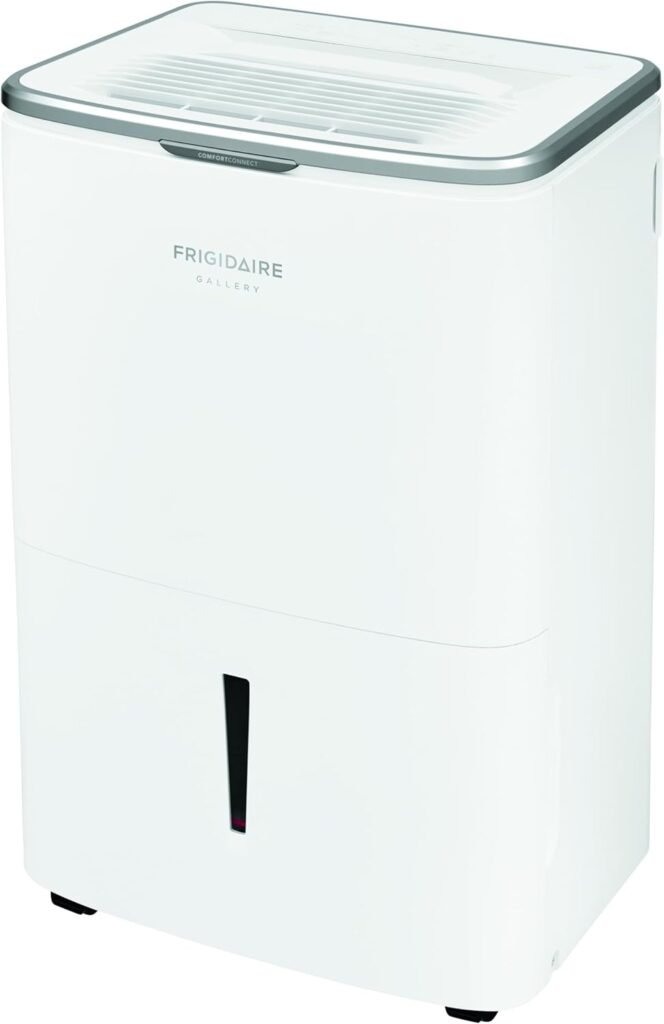
- Removes up to 50 pints/day
- Great for large rooms or basements
- Continuous drain option for low maintenance
2. hOmeLabs HME020031N
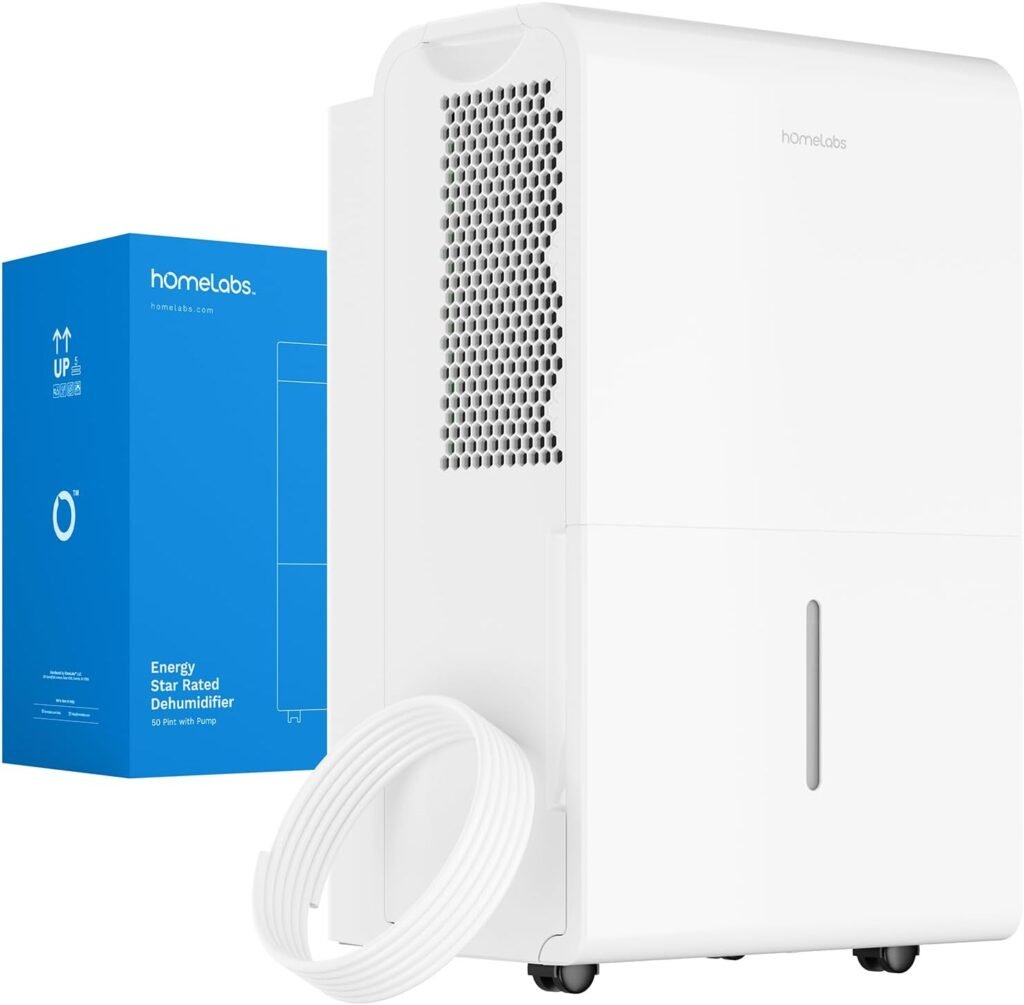
- Removes 70 pints/day
- Sleek design and energy-efficient
- Quiet operation and user-friendly settings
3. Vremi VRM010167N
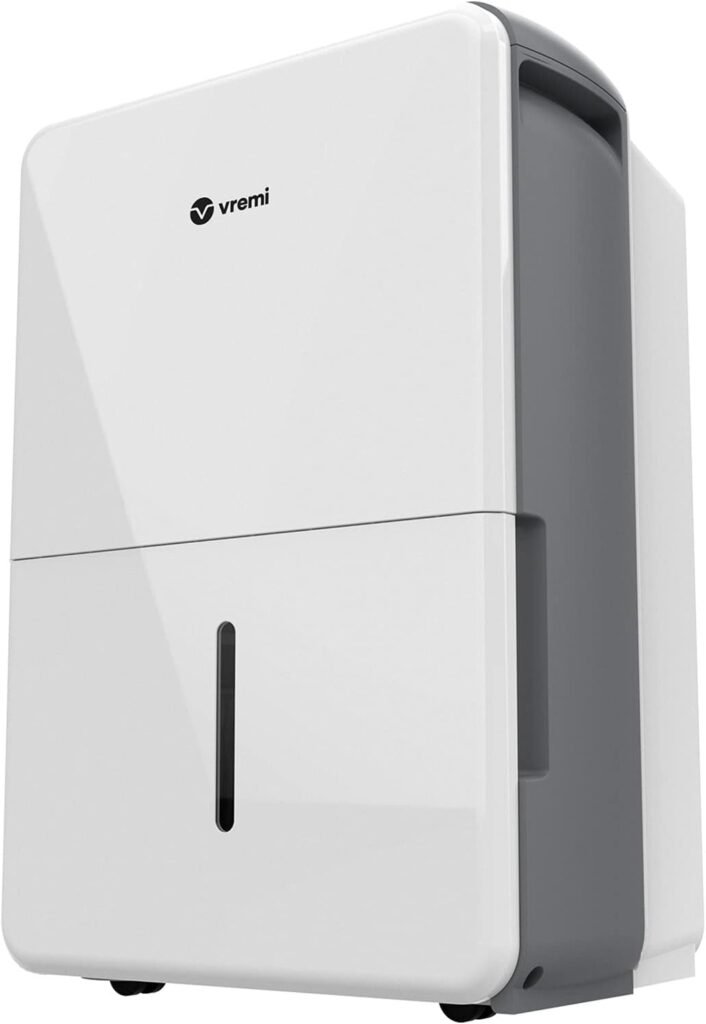
- Removes 50 pints/day
- Energy Star certified
- Auto humidity sensor for smart control
Air Purifier vs Dehumidifier: What’s the Difference?
Although both appliances improve indoor air quality, they do so in different ways:
| Feature | Air Purifier | Dehumidifier |
|---|---|---|
| Main Function | Removes airborne pollutants | Reduces moisture levels |
| Best For | Allergies, asthma, smoke, dust, VOCs | Mold prevention, musty smells, damp spaces |
| Technology | HEPA, activated carbon, UV, ionizers | Condensation, compressors, desiccant |
| Room Type | Bedrooms, living rooms, pet areas | Basements, bathrooms, laundry rooms |
| Health Benefits | Cleaner air, fewer allergens | Less mold/mildew, less respiratory risk |
Which One Should You Choose?
Your decision depends on your indoor air problems:
- ✔️ Choose an air purifier if you want to reduce allergens, pet dander, dust, smoke, or odors.
- ✔️ Choose a dehumidifier if your home feels damp, smells musty, or is prone to mold growth.
In some cases, using both devices together can offer the best results—especially in humid climates with poor air circulation.
Final Thoughts:
Both air purifiers and dehumidifiers enhance home comfort, but they tackle different issues.
Understanding your specific needs will help you choose the right appliance—or combination—to create a healthier, fresher, and more breathable living space.
Looking for a budget-friendly air purifier? Check out our full review of the GermGuardian Air Purifier.

